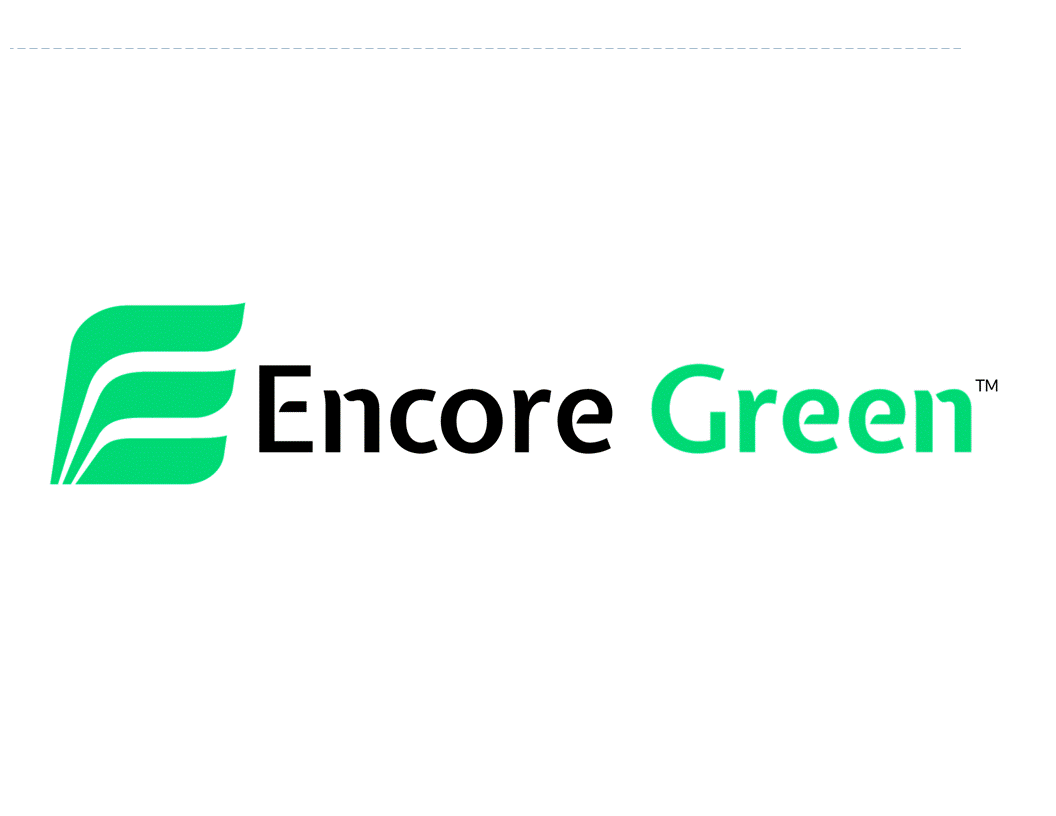By Tom Coulter | Wyoming Tribune Eagle Oct 4, 2020
Encore Green Environmental CEO Darlene Nash opens the value for the first-ever land application Tuesday, Sept. 29, 2020, n Pine Bluffs. Agricultural company Encore Green Environmental conducted its first surface application of repurposed oilfield water.
CHEYENNE – At first glance, the sprinklers shooting out water last week on Don Brown’s land near
Pine Bluffs could have seemed fairly ordinary. But the water itself came about from a new process, one that its developers say will prove to be historic for Wyoming agriculture moving forward.
With the pilot project that began last week, startup company Encore Green Environmental has officially launched its initiative to repurpose byproduct water from oil and gas drilling for agricultural use.
Through the first project, up to 7,000 barrels of treated water will be applied on Brown’s land near the Wyoming-Nebraska border.
Marvin Nash, who co-founded Encore Green with his wife, Darlene, said the key to the project is in developing healthy soil for ranching and crop development.
“The historic impact of this is really dynamic,” Nash said. “The lady that owns that land with her husband (Don), she just sat out there Tuesday and said, ‘This is the most beautiful thing I’ve ever seen,’ because they’ve got a piece of land there that has no water, and on Tuesday, it had water.”
The project, which was permitted by the Wyoming Department of Environmental Quality and the Wyoming Oil and Gas Conservation Commission, will continue on Brown’s land through the end of this month. Along with Laramie County, Encore Green has also obtained WDEQ permits to pursue potential projects in Converse and Sublette counties.
Encore Green President John Robitaille said the company, which plans to set up headquarters in Cheyenne, has been gauging landowners’ interest across the state.
“We’re pursuing several different projects – one in Converse County, one in Sheridan County and another one in Laramie County,” said Robitaille. “Among other states, we’re also reaching out into CHEYENNE – Frontier Mall has been closed by the Cheyenne-Laramie County Health
New Mexico, Oklahoma, Texas and Illinois, of all places. So we’re really broadening our horizons and looking out, but for Wyoming, those are our next three real big potential projects.
“We’re hoping to have the price of oil come up enough so that drilling really starts to take off again and give us an opportunity to use our process in even more places in Wyoming,” he continued.
However, the byproduct water, which is treated through thermal heating and reverse osmosis to meet constituency parameters set by the WDEQ, doesn’t have to come from existing drilling activities. For example, the Pine Bluffs project uses water stored underground from a well that was drilled in 1966 and plugged in 2019.
“That’s essentially a remediation type of project that we’re doing where we’re clearing out a produced water reservoir that they had,” said Robitaille, who was previously vice president of the Petroleum Association of Wyoming. “But with future projects ... whether that be from some type of a refining unit, whether that be a large computer bank unit that uses water to cool systems, whether that be these large evaporation pits, we can take that water and remediate it back to agriculture and beneficial use.”
Encore Green’s patent-pending process for cleaning the water, referred to as Conservation By- Design, also provides an opportunity for another budding technology in Wyoming: blockchain. As part of the water repurposing process, a third-party company tests the water and determines the necessary treatment for it to aid the soil. That’s where blockchain comes in, acting as a secure digital storage spot for the data. “(Blockchain) will track the constituency of the water from the point that we clean it into the point that we put it on the ground,” said Robitaille. “When we put it on the ground, we have soil monitors that show moisture, electrical conductivity and temperature ... so the probe sits in the ground and gives us all that information.”
“Throughout the entire process, we can always be assured that everything that you see is certified and true to exactly what’s been reported (because of blockchain),” he added.
While some environmental experts have been skeptical of the long-term feasibility of Encore Green’s efforts, company officials were hopeful the water quality data, which can be accessed via agwatersoilsolutions.com, will ease any concerns.
“There’s not a lot of trust sometimes between the environmental world and the industrial world,” said Nash. “One of our ultimate goals, which we’ve accomplished, was to create that trust and at least create a verified accountability of what’s going on.”
With the support of the Wyoming Stock Growers Association, the company could have other repurposing projects up and running in coming months. While the well on Brown’s property produced relatively small amount of byproduct water, Nash argued there is real potential from other drilling activity across the state.
“If you take all of the little wells like this, cumulatively, they make a lot of oil,” Nash said. “So if we had 10 of these projects, working with two to three people on the cleaning side and three people on the irrigation side, you’ve got six or eight people working.
“That doesn’t even count the people that haul the tanks and set everything up, so this is more than just putting some water on the ground. It’s a new, viable industry.”

